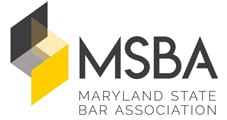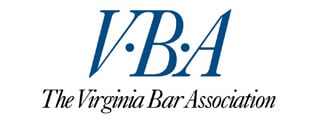One misconception surrounding chapter 7 liquidation bankruptcy is that it equals complete financial downfall. On the contrary, the primary purpose of chapter 7 is to provide a fresh start for individuals or businesses struggling with debt.
It allows for the discharge of certain debts, offering the opportunity for a clean slate and a chance to rebuild. Knowing some truths about chapter 7 can be helpful.
1. Can keep some assets
One common misconception is that filing for chapter 7 means losing everything. In Maryland, however, certain property exemptions exist. This is especially good news given that Maryland has a homeownership rate of about 71.8%. These exemptions protect assets such as your primary residence, vehicle and personal belongings from liquidation to pay off debts.
2. Must assess eligibility
Another misconception revolves around eligibility. Some may believe that anyone can file for chapter 7 without considering their financial situation. In reality, there is a means test to assess eligibility. The means test evaluates income, expenses and other financial factors to determine if an individual qualifies for chapter 7. It ensures that those who genuinely need debt relief can access it while preventing abuse of the system.
3. Allows you to build credit
Many fear that filing for chapter 7 will irreparably damage their credit. While bankruptcy does impact credit scores, it is not a permanent stain. Over time, individuals can rebuild their credit through responsible financial behavior. Moreover, the discharge of debts can be a step toward a more stable financial future.
4. Discharge not possible not for all debts
Chapter 7 does not allow the discharge of all debt types. Certain obligations, such as student loans, child support and recent tax debts, may remain after the bankruptcy process concludes. Understanding these limitations helps set realistic expectations and aids in planning for post-bankruptcy financial management.
Dispelling common misconceptions about chapter 7 liquidation bankruptcy in Maryland helps people make more informed decisions.






